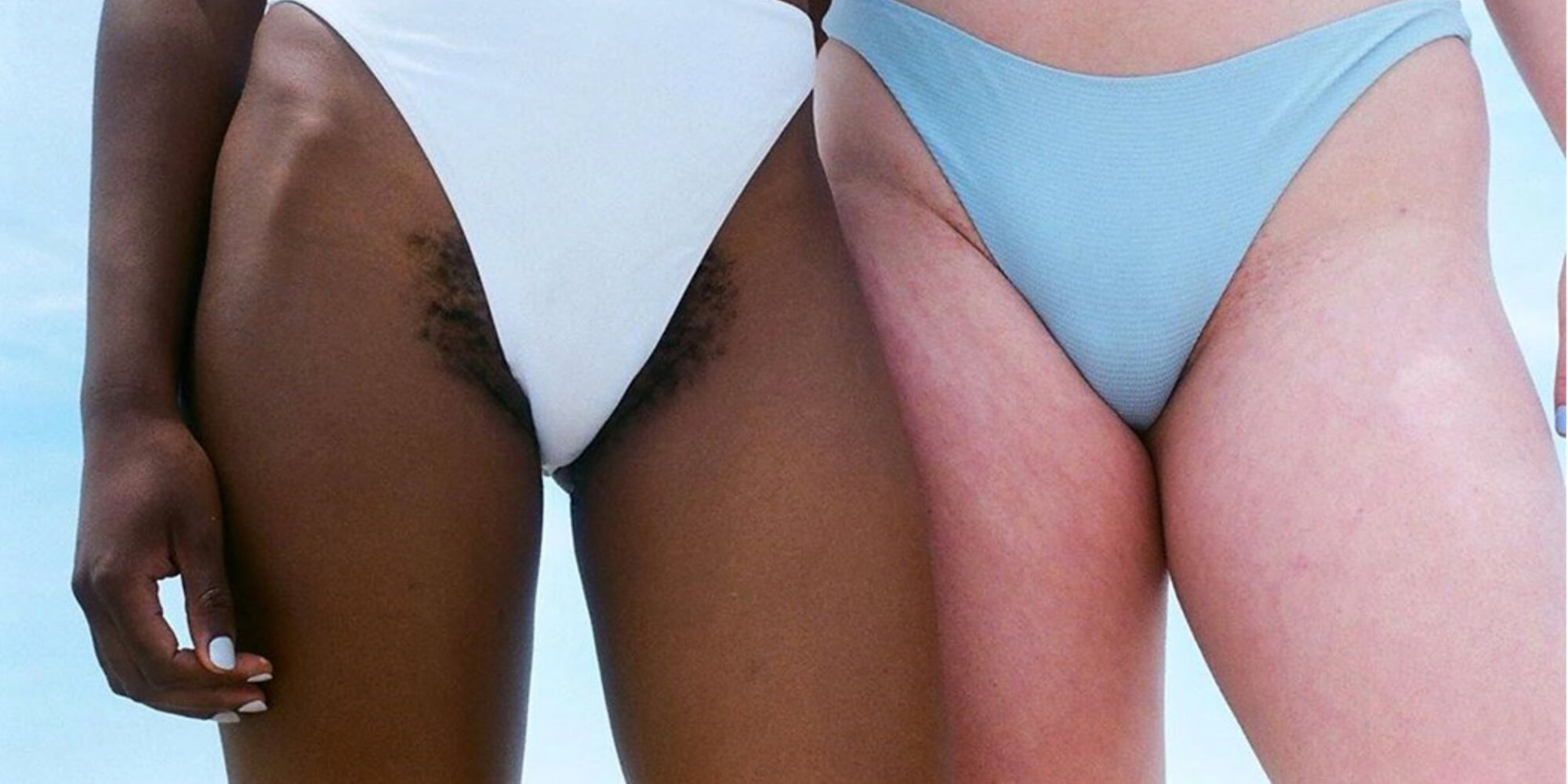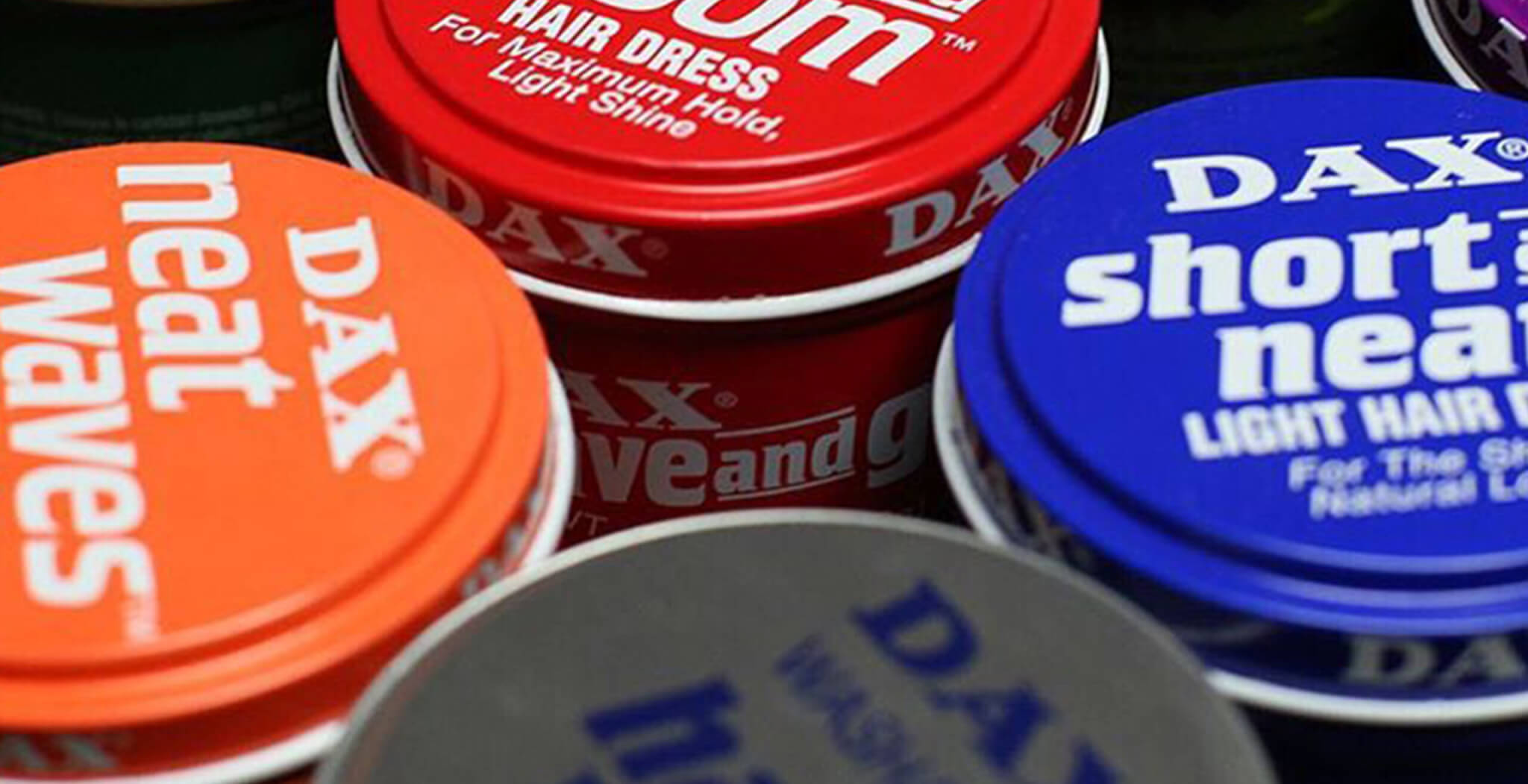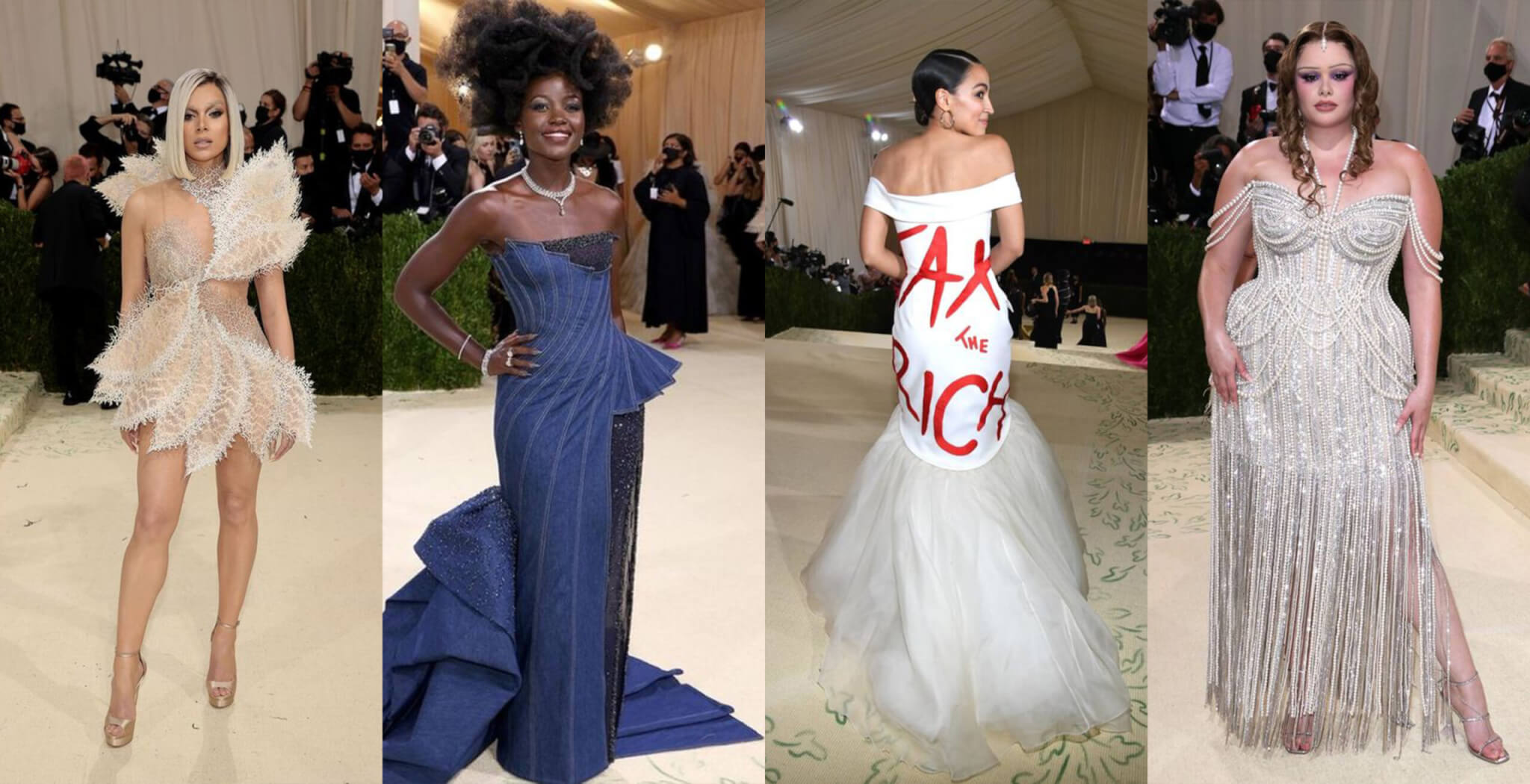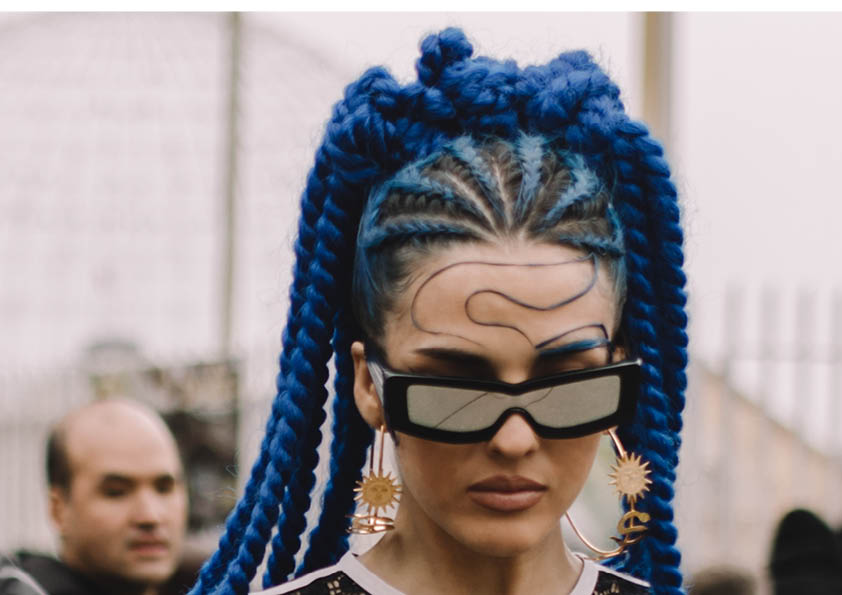Beyond Conformity: Embracing Body Hair
Although this post focuses on the topic of femmes’ body hair choices, it celebrates anyone’s decision to embrace their natural hair, regardless of gender. Shaved or hairy, this has been a persistent question for many femmes since their early years, and it lies at the heart of discussions about queerness, women’s autonomy, and resistance against patriarchal norms. Embracing body hair can be a political statement for some, while for others, it simply reflects personal preference—no longer influenced by societal expectations of men’s preferences. Despite being a natural part of our bodies, body hair continues to be a taboo subject that many individuals are challenging in an era of female empowerment.
But why does society harbor a fear of body hair? The stigma dates back to ancient times, such as Ancient Egypt, where hair removal symbolized beauty and purity. Even during the Roman Empire, it signified social class. Initially, only affluent women would shave, but with the availability of razors, it became the norm for all women. Hairless and smooth skin still persists as the standard of femininity, synonymous with beauty and cleanliness. Body positivity movements aim to challenge these standards and reclaim the notion of “my body, my choice.”
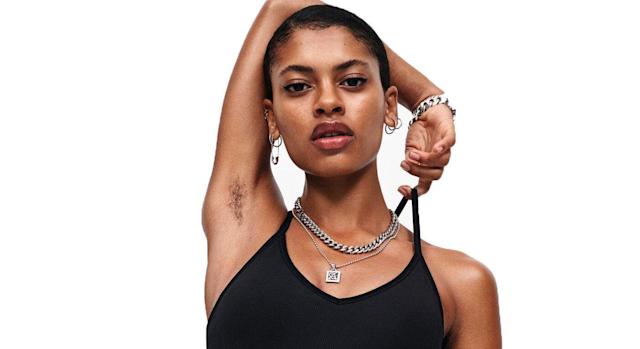
In recent years, especially during the global lockdowns, the perception of body hair has significantly shifted. Nevertheless, it remains a highly polarizing topic on the internet. Advertising campaigns featuring femmes with body hair are often met with disgust by many. For example, a Nike campaign in 2019 featuring Annahstasia Enuke’s armpit hair evoked horror from some, while others found it empowering. The question arises: who gets to define the boundaries?
Recognizing the efforts of body positivity movements, razor brand Billie has captured widespread attention with its campaigns that embrace body hair. By centering the conversation around choice rather than obligation, Billie challenges societal norms. In a conversation with Ashley Armitage for Dazed, the photographer behind Billie’s initial campaign reveals that “Every photo I post of people with body hair who aren’t cis-men gets adverse reactions.” Similarly, astrologer and DJ Marissa Malik, who has been posting pictures of her unshaved body since 2016, confirms that cisgender men often react negatively to her choice.
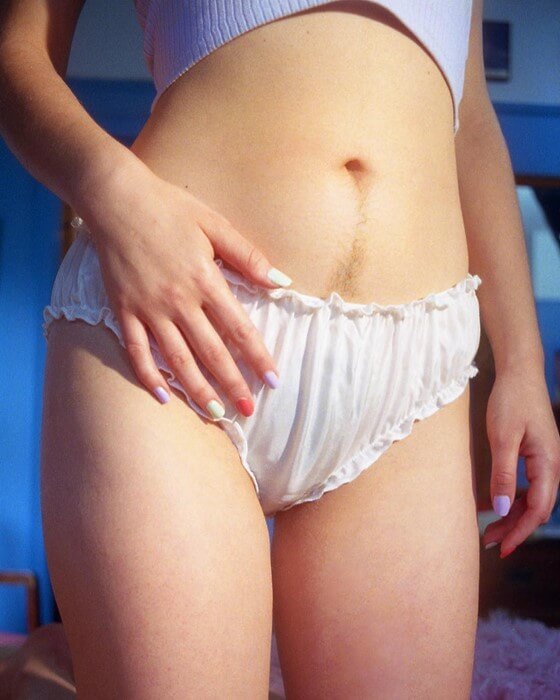
Body hair, like many other societal issues, is not about hygiene or health but about disempowering narratives that limit our autonomy over our bodies. This is why body hair has become an integral part of gender expression for many queer individuals, as they seek to challenge gender expectations and dismantle patriarchy. However, it’s important to note that body hair is not always a political statement—it is primarily a personal choice that is increasingly embraced by younger generations and those who celebrate beauty beyond societal conformity.
When discussing body positivity, it’s crucial to consider various intersecting factors such as gender, size, skin tone, physical abilities, and body hair—among all the categories in which society has instilled shame. We are living in a time that calls for the celebration of diversity, recognizing that we are more than just cisgender men. Let’s embrace our natural fur and free ourselves from societal constraints!








